Real Estate Investment Seminars are coming back. Many use celebrities from the Flipping or Flip shows on your cable or streaming provider.
In-person and online seminars about how to invest in real estate often promote “risk-free” training or business coaching systems. They may lure you in with big promises or guarantees of financial freedom, saying they’ll teach you how to make lots of money. But many real estate investment seminars are scams.
What to watch out for:
The promotional materials and sales pitches used for real estate investment seminars often make over-the-top claims:
- Scammers say you can earn big money fast, regardless of your experience or training. But that’s not true.
- Scammers promise their deal is a “sure thing” that will give you security for years to come. It won’t.
- Scammers say you’ll rake in money by working part-time or at home. But most people don’t.
- Scammers promise you’ll be coached to success each step of the way. But there’s often little coaching, and no success.
- Scammers claim the program worked for other participants — including the organizers. And it might have, for a few people, but most people never make their investment back.
Don’t be convinced by ads with success stories of people saying how much money they made with little time, effort, and risk. Or ads that feature celebrities praising the program. Those kinds of claims aren’t reliable and don’t mean the program works. Real estate investment scams often use fake testimonials and pay people to endorse their programs.
What to know:
For most people who invest in these real estate investment seminars — some of which cost thousands of dollars to buy into — the pay-off doesn’t match the promise. In fact, most people never get back the money they invested.
To protect yourself:
It’s essential for individuals interested in real estate investment to be cautious and well-informed, especially when considering attending seminars or investing in training programs. Here are some additional tips to help you avoid falling victim to real estate investment seminar scams:
- Research the Promoters:
- Look into the backgrounds of the seminar organizers and promoters. Check for any history of legal issues, complaints, or investigations related to their seminars or training programs.
- Question Unrealistic Promises:
- Be skeptical of seminars that promise guaranteed success, especially those claiming you can make substantial profits quickly and with little effort. Real estate investment involves risk, and success is not guaranteed.
- Beware of Pressure Tactics:
- Scammers may use high-pressure sales tactics to push you into making quick decisions. Legitimate investment opportunities allow you the time to thoroughly research and consider your options.
- Verify Success Stories:
- If the seminar features success stories, try to verify them independently. Scammers often use fake testimonials or exaggerate the success of a few individuals to create a false sense of security.
- Check for Red Flags:
- Watch out for warning signs such as requests for large upfront payments, reluctance to provide detailed information about the program, or a lack of transparency regarding the strategies being taught.
- Get Independent Advice:
- Consult with financial advisors or professionals who are not affiliated with the seminar organizers. They can provide objective opinions on the legitimacy and potential risks of the investment opportunity.
- Understand the Costs:
- Clearly understand the total cost of the seminar or training program, including any additional fees, before committing. Some scams may lure individuals in with a seemingly low initial cost but have hidden expenses.
- Read the Fine Print:
- Carefully read all contracts and agreements before signing up for any seminar or training. Pay attention to refund policies, cancellation fees, and any other terms that could affect your financial commitment.
- Seek Reviews and Feedback:
- Look for reviews and feedback from individuals who have attended the seminar or participated in the training program. Genuine reviews from independent sources can provide insights into the actual experiences of participants.
- Trust Your Instincts:
- If something feels too good to be true or if you have doubts about the legitimacy of a seminar, trust your instincts and consider walking away. It’s better to be cautious than to risk falling victim to a scam.
By staying informed, asking critical questions, and conducting thorough research, individuals can better protect themselves from real estate investment seminar scams.
Nate Marshall
It's Nice to Share











































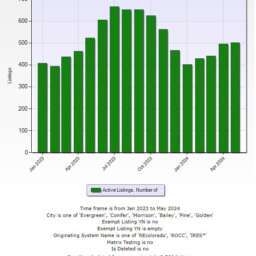


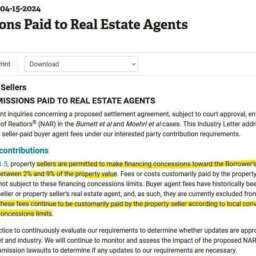


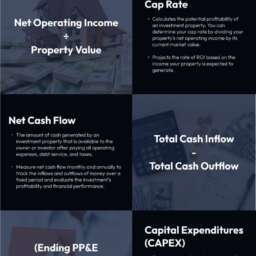


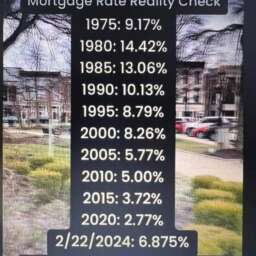


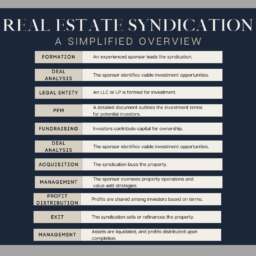
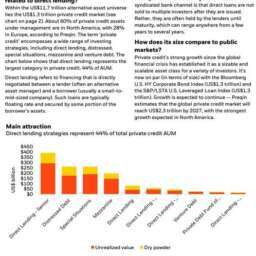
































Comment, Write a Blog Post, Create Groups, Get Seen!
Comments, Opinions and Facts Go Here...👇